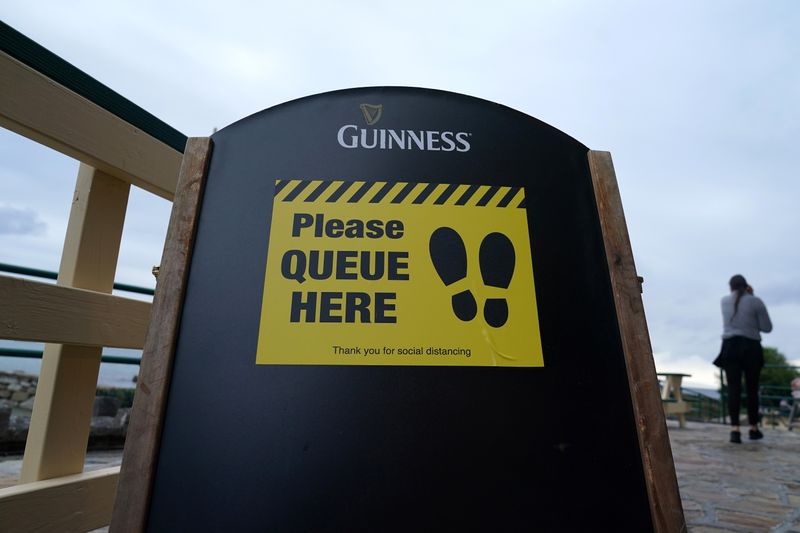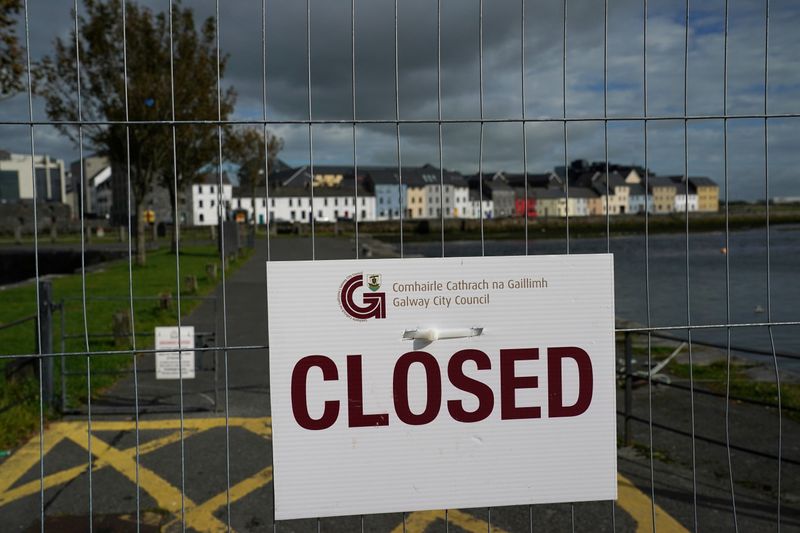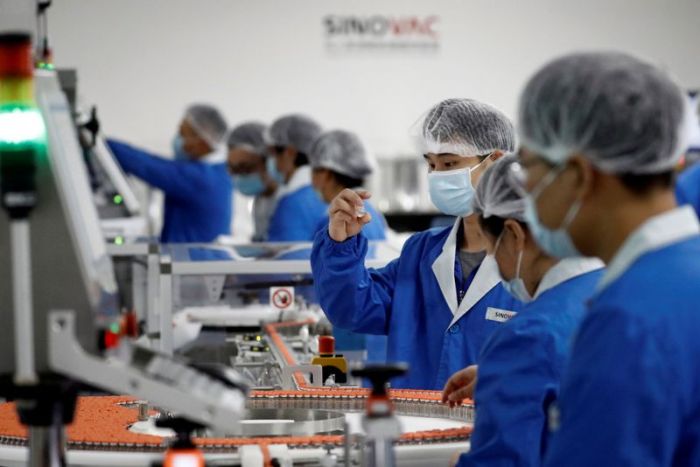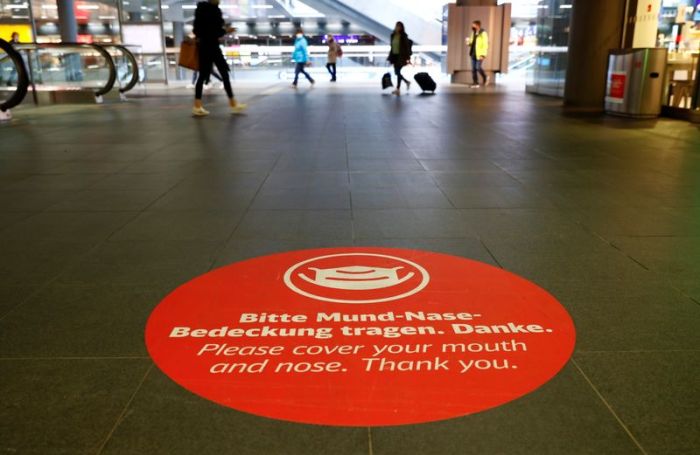DUBLIN (Reuters) – Ireland will bring in “decisive” nationwide COVID-19 restrictions on Monday but will stop short of reintroducing the kind of lockdown imposed earlier this year, Higher Education Minister Simon Harris said on Sunday.
The government rejected a recommendation by health chiefs two weeks ago to jump Level 5, the highest level of COVID-19 curbs, and instead tightened restrictions in a varied regional approach that Harris said was no longer sufficient.
On Saturday, Ireland broke its record for the number of cases recorded in a single day for the fourth time in the space of a week, bringing cases per 100,000 people in the past 14 days to 232, the 12th highest rate among the 31 countries monitored by the European Centre for Disease Prevention and Control.
“The government will act tomorrow, the action will be decisive and it will be nationwide action,” Harris, who was the health minister during one of Europe’s strictest lockdowns from the end of March to mid-May, told national broadcaster RTE.
“Tomorrow we will have to bring in more restrictions. Level 3 has not worked … I don’t want to be pedantic about the phrase lockdown but I don’t think that’s exactly where we’re going but there will certainly be more restrictions.”
The government moved three counties on its open border with Northern Ireland, which is harder hit by COVID-19, to Level 4 of its five-step framework on Wednesday and banned most visits to homes across the country. The other 23 counties are on Level 3, which bans all indoor restaurant dining.
Under Level 4, only essential retail can stay open, although the government has broadened that category since March. Under level 5, people would be asked to stay at home, other than to exercise within 5 km, and restaurants can only operate a take away and delivery service.
“In relation to businesses, we’re trying to get the balance right here. We want to keep as much open as we can but we can’t prolong the inevitable either … What government is trying to do is try to find that landing spot,” Harris said.
(Reporting by Padraic Halpin; Editing by David Clarke and Jane Merriman)


























